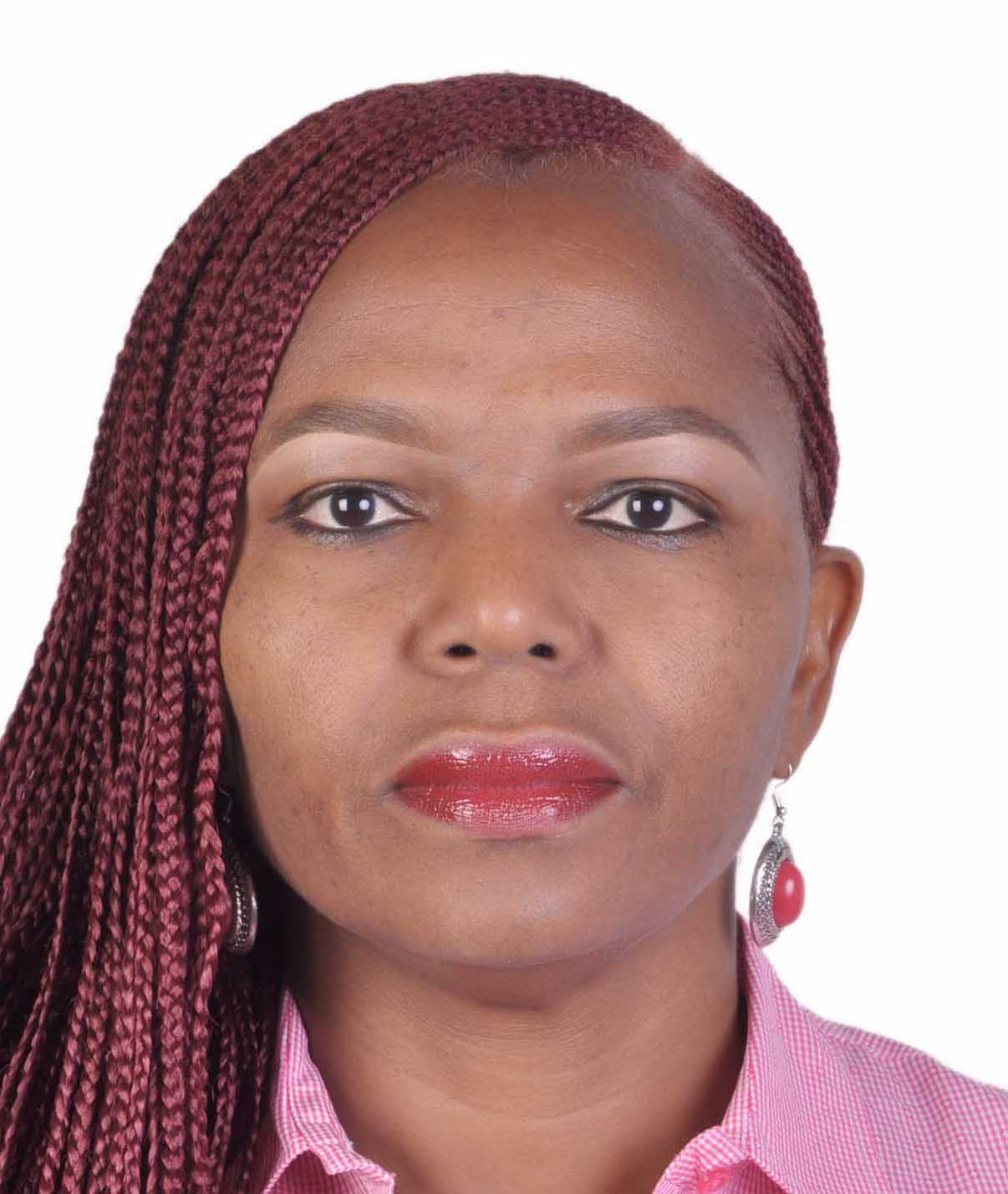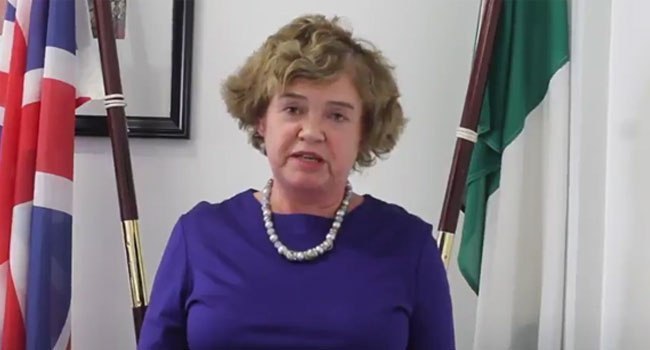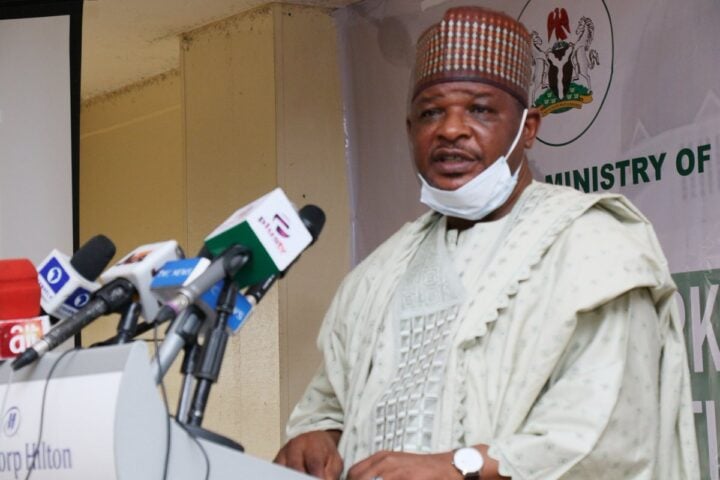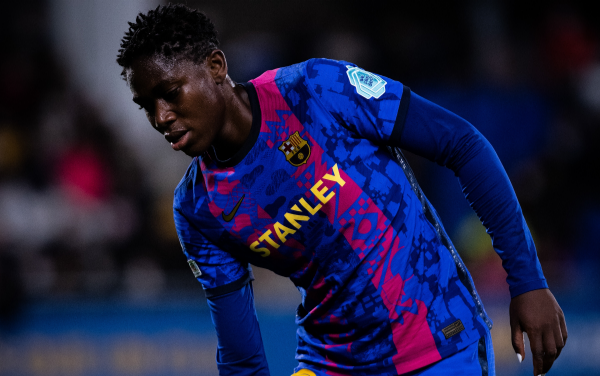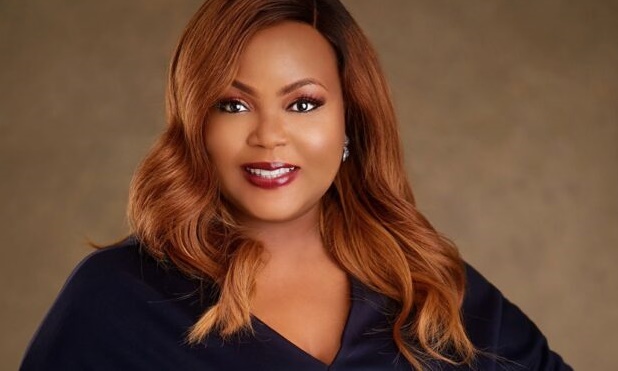First off, this article isn’t necessarily about Netflix Naija but it’s about some Nigerian films who have found a home on Netflix. This is not also meant to bash Nollywood, good old Nollywood. Although generalizations can be pretty easy and convenient to reach for, I try as hard as possible to restrict my critiquing to the individual film, if I can help it. I must confess, it sounds more impactful to say things like “Nollywood is trash” or begin sentences with “Nollywood can never …” (insert your preferred adjective) and so on and so forth. This must be one of the reasons an entire genre attempted to grow off of the back of Nollywood.
With the flak Nollywood constantly receives, it’s only natural for some to fight to distance themselves from the name. Many, especially younger filmmakers who see themselves as better than Nollywood were quick to remind important voices in the film business that they were the new deal–These kinds of people are in different categories: While there are those who don’t want to be associated with Nollywood at all, dead or alive, as it’s their right; there are those who are smart enough to recognize the brand advantages of Brand Nollywood. They choose a version of Nollywood that lets them get the better part of the name Nollywood but put themselves on a pedestal. What better way to eat their cake and have it? This happened when New Nollywood was a thing. Some of the proponents of the new Nollywood movement, the royal princes and princesses of New Nollywood were not shy to enjoy the benefits under the Nollywood umbrella. On the one hand, they were professing to be the best thing since sliced bread, on the other hand, were happy to partake in government-sponsored funding for good old Nollywood. They weren’t too neo-Nollywood or posh to grab a piece of government’s largesse. Awoof no dey run belle, abi?
On the fringe, there are those who take offense at the seeming pretentiousness or lack of originality of the Nollywood nomenclature itself. Why not Nigerwood, some griped. Why must we copy every foreign thing, they queried. And there’s the issue of how the name came about-the fact that its origination is linked to New York Times journalist Norimitsu Onishi. But what’s in a name? So far, I’ve had three different surnames: Solomon, Uduzeli, and Nwabuikwu. But then again, there are people who believe most of Nigeria’s problems stem from being named by colonizer Frederick Lugard’s girlfriend. The crux of today’s article, more like a rant, is two disappointing Nigerian films I just watched on Netflix: 2 Weeks in Lagos (directed by Kathryn Fasegha) and Finding Hubby (directed by Femi D. Ogunsanwo). These two films remind me of those discovery films sponsored by Africa Magic (not sure what they were called) at one point. Those new-age films made by people are more likely to fight anyone who links them to Nollywood. The whole point is dissociating from old Nollywood, you know, those unschooled Idumota trader types. But how to not produce films that are too far removed from the Nigerian reality yet don’t fit into Hollywood…basically a film that’s neither here nor there…that’s the challenge.
Let’s begin with 2 Weeks in Lagos which I saw first. It’s the story about a guy Ejikeme Chukwuemeka known as Keme to his friends (Mawuli Gavor) who returns home to Lagos from the US with his friend Charlie (Okey Uzoeshi) to strike some business deals. He falls in love with Charlie’s sister Lola (Beverly Naya) at first sight. Or so he says something to do with ‘God’s will.’ But his mother Mrs. Chukwuemeka (Joke Silva) and father Hon. Chukwuemeka (Patrick Nnamani) have other plans. They want him to marry Wande (Cassandra Nwadiuto), in order to seal the deal for Hon. Chukwuemeka to be Wande’s father Otunba’s running mate (vice-president). As far as stories go, this isn’t the worst idea. The first challenge is developing a relationship within a few days leading to a marriage proposal so quickly that inserting conflict appears contrived. Let’s ignore Keme doesn’t tell his fiancée that his parents actually want him to marry someone else. Let’s not also ask why his close friend Charlie doesn’t know his surname. Are you saying that in all those business meetings they were attending, Keme never introduced himself by his surname? Then he decides to introduce Lola to his parents at a party? Anyway, conflict is eventually cooked up by way of Mrs. Chukwuemeka staging Lola’s kidnap. This attempt is led by Dele (Steve Onu aka Yaw) perhaps to add some humour?
Advertisement
So, how is this conflict going to be resolved? This is where the film breaks down. Keme’s mother never apologises for the kidnap. Keme never acts on any of his threats. Not the fact that the love of his life is in hospital having been beaten up…He never even packs out of his parent’s house, not even for one night. Yet, the film basically ends with him sitting and talking with his mother after she’s fought with Lola’s mother, Mrs. Makinde (Shaffy Bello). He manages to remind her of her Christian past, how she used to be his role model, bla, bla. Next thing, everyone is dancing at Keme and Lola’s wedding. Haba!
I must take out time to call out Toyin Abraham’s wigs. Or whoever sourced for those things. She plays the role of Kemi; Lola’s friend and I think Keme’s cousin or something like that. Not only do the wigs look cheap, but they also make her look be in her 50s (at least), especially those 50-something-year-old women who attend certain types of fashion-shunning churches. It’s very hard to believe that Tina Mba is her mother. Who had that bright idea?
Finding Hubby was supposed to make up for 2 Weeks in Lagos. In fact, if you remove the last 20 or 30 minutes of Finding Hubby, it would’ve succeeded. I mean, I wasn’t looking for anything deep. Life no hard reach? I love the trio of Ade Laoye (as Oyin Clegg), Kehinde Bankole (as Toke) and Munachi Abii (as Gloria). Great acting, great chemistry. As the story goes, the three women are in their 30s and are under pressure to marry. Oyin Clegg is cast as this masculine-ish character who uses some system of elimination to select guys in her phone contacts to have sex with, no strings attached. She’s a successful professional woman. How does she become the cowering, maybe not quite cowering but this spineless woman who can’t decide whether to follow through with the marriage to her fiancé Yomi Kester-Jacobs (Paul Utomi), who she catches in a compromising position with another man? Even if it were a woman, Oyin catches them right in their home. And her mom, who is a lawyer (I think) doesn’t even catch her breath as she urges her daughter to go ahead with the marriage as she reels out her advice like one reading from a newspaper article. Pray, what are the pressing circumstances? Oyin and Yomi don’t have kids together. She’s not pregnant, and more importantly, they’re not married yet.
Advertisement
I can go on. However, my main issue with Finding Hubby, is that the twist comes barely ten minutes to the end of the film. How do you leave such an important issue towards the end of a film? I get that the idea is to show Oyin as this woman who’s been running away from settling down and who’s been too selective who now has to settle for anything life throws at her. But there’s nothing in the body of the film to prepare us for that heavy ending. And there are a few scenes that aren’t so important.
Remember, I said the crux of this article is those Nigerian films which work so hard to not be like old Nollywood but end up neither here nor there?
Onoshe Nwabuikwu, AIRTIME columnist is a renowned TV/Film critic, and Film scholar. She also has experience in Advertising as a senior Copywriter and Corporate Communications as Communications consultant.
Advertisement
Add a comment
